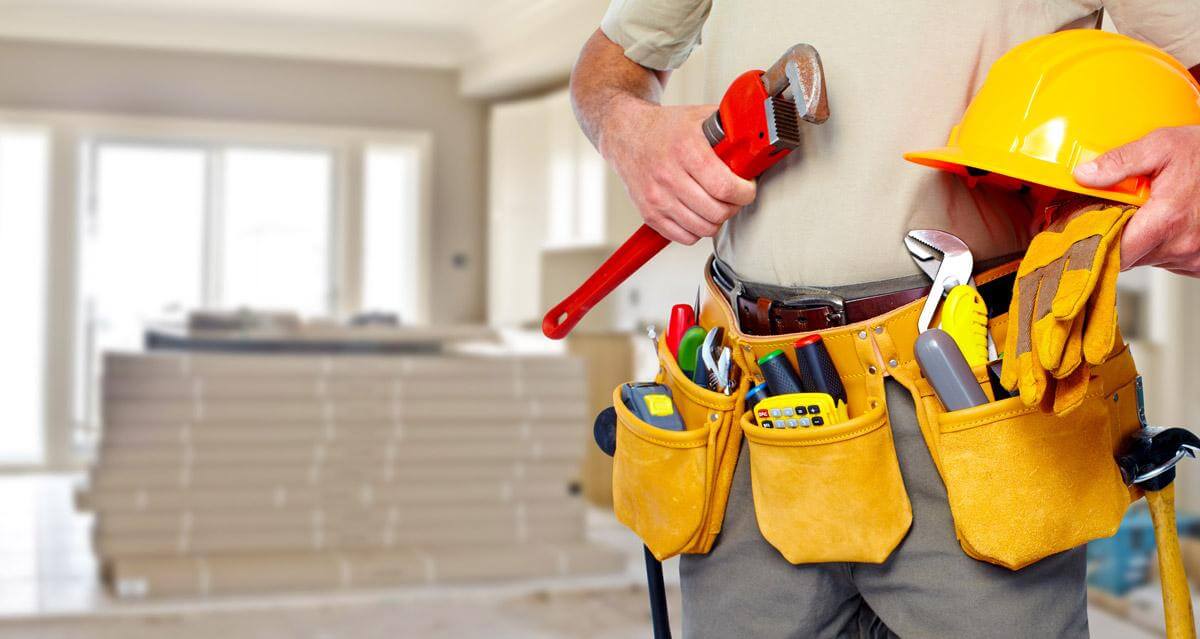When a toilet overflows or your drain is blocked, it’s time to call an emergency plumber. However, many plumbing issues can be handled on your own. Before you call, be sure to shut off the water supply valves near the source of the problem.
Also, be aware that water that is cloudy or has a metallic taste or smell indicates contamination and should be avoided.
Water Leaks
Leaking pipes can be a huge headache. They waste water and money, cause property damage, and create conditions for mold and bacteria to grow. If you suspect you have a leak, it’s important to call an emergency plumber right away.
While a leaking toilet or faucet might seem like a minor inconvenience, a major leak or burst pipe could lead to significant flooding and water damage in your home. Water leaks often occur at the joints of piping, where they twist and connect. Over time, these joints can loosen or even break, causing the leaking water to spray out. Leaks are also common in homes with older plumbing systems.
Aside from the obvious water leaks, other signs of a plumbing emergency include musty smells around drains and unexplained increases in your water bill. If you notice any of these issues, shut off the water to that fixture or area (if possible) and call a 24 hour plumbing emergency for Virginia Beach VA right away.
A blocked sewer line is another reason to call for emergency plumbing services. While you may be tempted to use store-bought chemical drain cleaners, this is not recommended as it can actually damage your pipes. In the event of a sewer line blockage, it’s best to turn off your water supply, move any items that are in the affected area, and call a plumber immediately.
Frozen Pipes
Frozen pipes are a major cause of pipe bursts, which require a fast response to prevent flooding and water damage. If your home’s pipes are frozen, shut off the main water supply valve to isolate the area and begin thawing them out with gentle heat. Using an electronic heating pad, a hair dryer, or towels soaked in hot water will do the trick, but be careful not to use anything with an open flame. Frozen pipes are often located in uninsulated areas of the house, such as attics, basements, crawl spaces, or garages. If you can, open any cabinets in the rooms where the pipes are located to improve air circulation and help thaw them faster.
If you are unable to locate the frozen section of pipe or cannot thaw it out, call a plumber. It’s also important to check other faucets in the house to see if there are any more frozen sections of pipe.
Shut off the water supply to the affected pipe and open any faucets connected to it to relieve pressure. If possible, turn on a few cold faucets to keep them flowing. This will allow the dribble of water to prevent more freezing and buy you time until a professional arrives. It is also a good idea to ask a friend or neighbor to check on your home regularly during winter months to make sure it’s warm enough.
Sewer Line Blockage
A main sewer line blockage is a big deal. It means that all of your drains – including showers, tubs and sinks – are now backing up with sewage. If you’re experiencing this issue, shut off your water immediately and call for a plumber. It’s also important to keep in mind that you shouldn’t flush anything other than waste and toilet paper, as dumping things like diapers, toys, napkins and grease down your drains will eventually lead to a major physical blockage in the sewer line.
One of the first signs of a main sewer line clog is when you begin to notice that your sinks and toilets aren’t draining properly. Sewage will always seek out the lowest plumbing fixtures, so it’ll start backing up into those areas of your home before making its way to other drains. Foul odors are another common indicator that you have a sewer line blockage.
If you’re dealing with a blocked sewer line, it’s important to remember that a plumber will need to inspect the entire line to determine what’s causing it. The plumber may be able to fix the problem by clearing out the line or by completing spot repairs, but sometimes the blockage will be too severe for this to happen and it’ll require a full replacement of the entire line.
Overflowing Toilet
An overflowing toilet can be a very messy and health-threatening situation, particularly when it happens to someone who isn’t wearing rubber gloves. Wastewater contains harmful bacteria that can contaminate your home if it comes into contact with exposed skin or if the overflow causes serious water damage to your property.
An emergency plumbing situation involving an overflowing toilet is one that you should call a plumber to resolve as soon as possible. Luckily, there are some steps you can take to mitigate the problem until your plumber arrives.
Start by turning off the water supply to your toilet. There should be a valve located near the base of the toilet that you can turn off to stop the flow of water. You can also try lifting the float on the toilet tank. The cylindrical or ball-shaped float controls the amount of water that flows into your toilet’s bowl from the tank. If you can lift it high enough, this will stop the flow of water.
You can also try using a plunger to clear the clog. If this doesn’t work, you may need to use a plumbing snake to break up or pull out the blockage. Remember, however, that a chronically overflowing toilet can indicate a larger problem with your sewer line or vents. If this is the case, it’s a 24 hour plumbing emergency for Virginia Beach VA that requires immediate attention from an experienced plumber.
